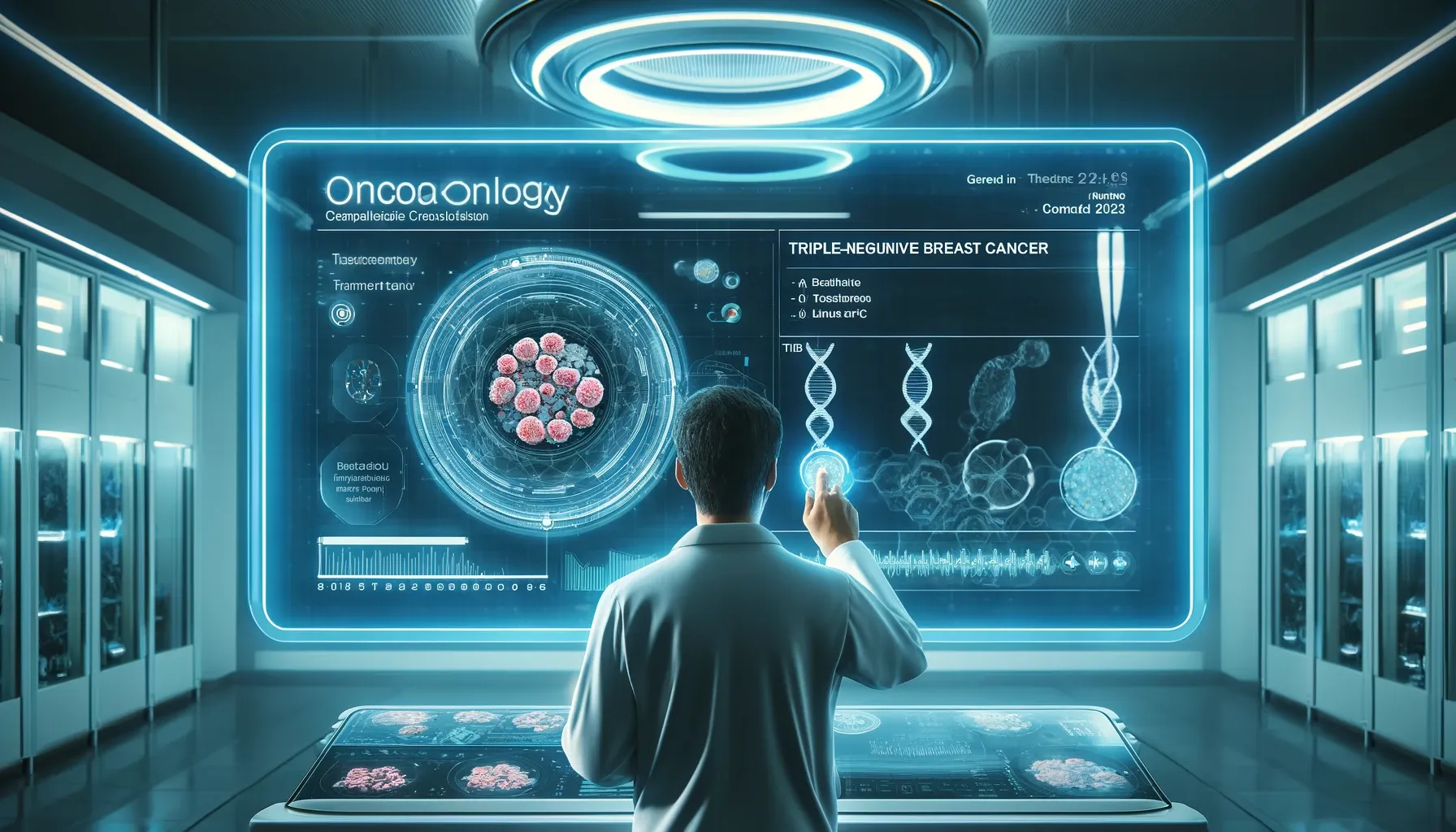TNBC Treatment Just Changed Forever In 2025 — Here Are 7 Breakthroughs!
Triple-negative breast cancer (TNBC) has long been one of the most challenging forms of breast cancer to treat. However, 2025 marks a revolutionary shift in TNBC treatment, with new scientific advancements offering more hope than ever before.

1. AI-Powered Early Detection & Personalized Treatment
Artificial intelligence (AI) is now playing a major role in diagnosing TNBC earlier and more accurately. AI-driven tools can analyze mammograms, biopsies, and genetic data to detect TNBC in its earliest stages. Additionally, AI is now being used to create personalized treatment plans based on a patient’s unique cancer profile, increasing the effectiveness of therapies.
2. Targeted Immunotherapy Advancements
Immunotherapy has taken a giant leap forward in 2025, with new immune checkpoint inhibitors and T-cell therapies specifically designed to target TNBC cells. These treatments train the body’s immune system to attack cancer cells, improving survival rates and reducing harsh side effects compared to traditional chemotherapy.
3. Next-Generation Antibody-Drug Conjugates (ADCs)
New antibody-drug conjugates (ADCs) have been developed to directly deliver chemotherapy to TNBC tumors while sparing healthy cells. These targeted therapies significantly reduce toxicity and side effects, making treatment more tolerable and effective.
4. Breakthrough Gene Editing & CRISPR Therapy
Scientists have now developed CRISPR-based gene editing techniques that allow doctors to correct genetic mutations linked to TNBC. This breakthrough could potentially stop TNBC at its source, preventing recurrence and improving long-term survival rates.
5. RNA-Based Therapies Targeting TNBC Mutations
Messenger RNA (mRNA) technology, which was pivotal in COVID-19 vaccines, is now being applied to TNBC treatment. RNA-based drugs can block cancer-promoting genes, slowing or stopping tumor growth without the need for traditional chemotherapy.
6. Personalized Tumor Vaccines
A major breakthrough in 2025 is the development of customized tumor vaccines. These vaccines use a patient's own tumor cells to create a personalized immune response, teaching the body to recognize and attack TNBC cells before they spread.
7. Revolutionary Non-Chemotherapy Drug Combinations
For years, chemotherapy was the primary treatment for TNBC, but new drug combinations are now offering non-chemo alternatives. These include a mix of targeted drugs, hormonal treatments, and immune therapies, leading to better outcomes with fewer side effects.


